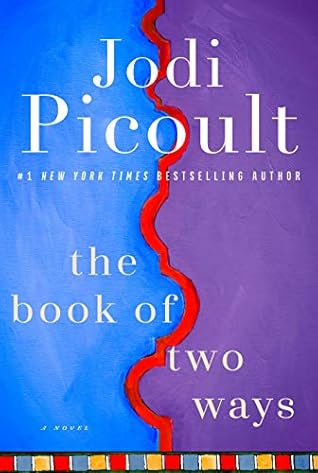More on this book
Community
Kindle Notes & Highlights
It strikes me that their job isn’t really very different from mine. If you’re on a plane, you’re not where you started, and you’re not where you’re going. You’re caught in between. A flight attendant is the guide who helps you navigate that passage smoothly. As a death doula, I do the same thing,
She spit on the floor, because to talk about death was to invite it into the household. She was Irish
just as we have birth midwives for the transition from the state of being a single person to becoming a mother, why not have death midwives for the transition from the state of life to that of death?
After nearly thirteen years of end-of-life work, I know that we do a shitty job of intellectually and emotionally preparing for death. How can you enjoy life if you spend every minute fearing the end of it?
“Everyone’s surprised by death, which is kind of ridiculous, when you think about it. It’s not exactly a spoiler.
Ancient Egyptians believed that the first and most necessary ingredient in the universe was chaos. It could sweep you away, but it was also the place from which all things start anew.
that’s the very problem with death in the first place. We don’t know how to talk about it. We use euphemisms and discuss pearly gates and angels while glossing over the fact that we have to die to get there. We treat it like a mystery, when in fact, it’s the one experience all of us are guaranteed to share.
The thing about death is that we’re all terrified of it happening, and we’re devastated when it does, and we go out of our way to pretend that neither of these things is true.
“Santo cazzo Madre di Cristo,”
Why are people so afraid of dying? Well, that’s easy. Because it’s hard for us to conceive of a world without us in it.
It’s important work, but I am much less Mother Teresa than I am a pain in the ass. Just because I get close to something that makes a lot of people uncomfortable doesn’t mean I’m special. It just means I am willing to get close to the things that make people uncomfortable.
Guided death meditation is something I usually do with healthy people who want to understand how to help those who are terminally ill. But I think it might help Win a little; bring her some peace. The meditation was developed by Joan Halifax and Larry Rosenberg, based on the nine contemplations of dying—written by Atisha, a highly revered Tibetan monk, in the eleventh century.
A sob folds him at the waist. “I love her. I love her to death.” “You love her through death,” I correct gently. “You don’t stop loving someone just because they’re not physically with you.”
You have the luxury of time, until you don’t—and then it becomes clear what’s most important.”


